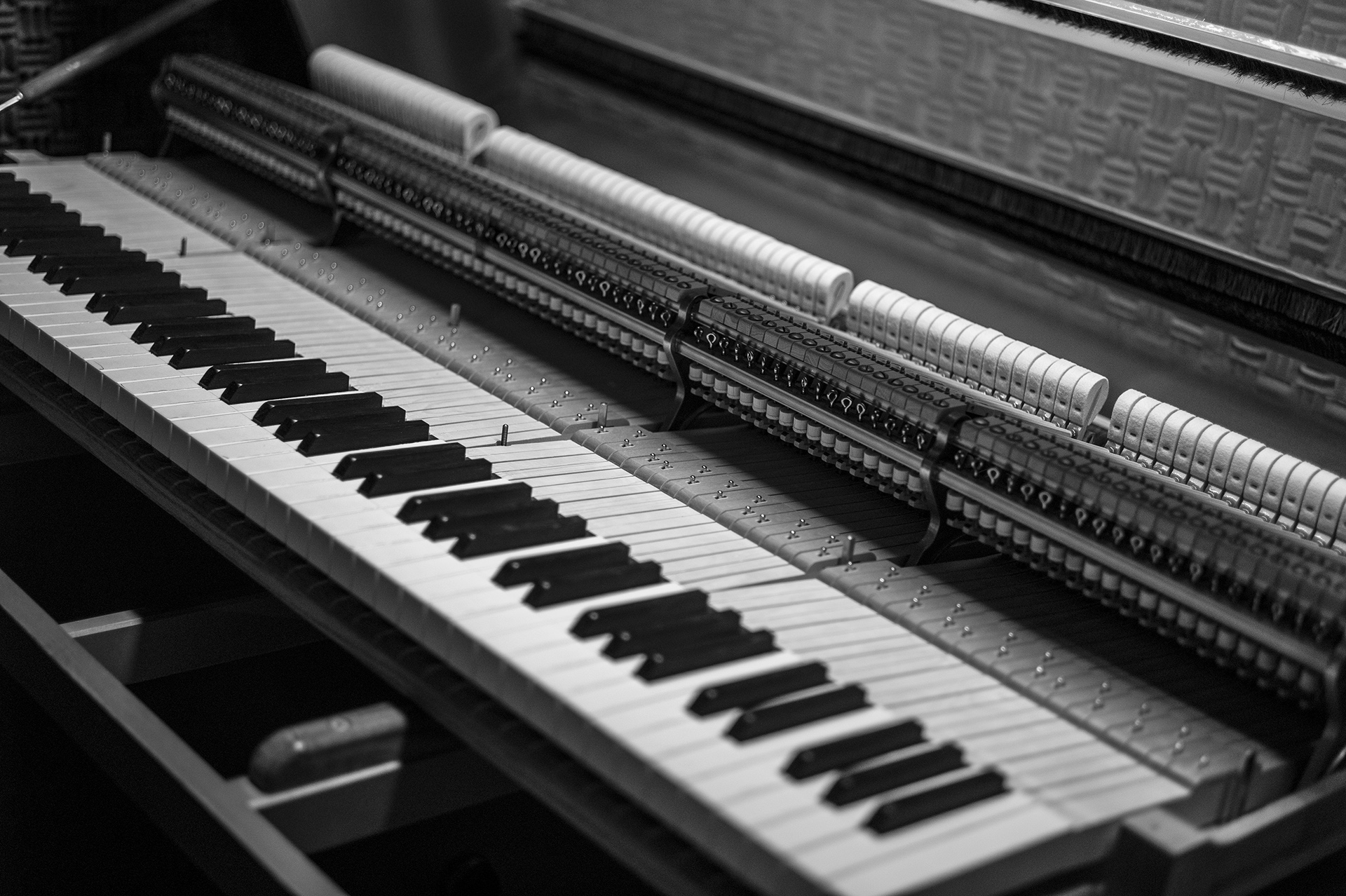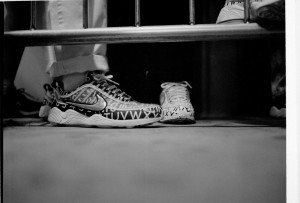Have we lost the art of patience? When Internet speeds were restricted by the limitations of dial-up, the fact that the webpage loaded at all was incredible in itself, but now we get frustrated if we can’t stream flawless video in Ultra HD, or if a heavily image imbued website takes over 0.79 seconds to load. Expectations change inline with progress – and quite rightly so – but what happens in those areas of life where speed of progress is not so ‘evident’ – such as in your job, business, relationships? Have we become less tolerant? By ‘we’ I’m speaking of those of us in the ironically termed 1st World countries, where, with our basic needs met, we have the time to worry about other frivolities we find ourselves encompassed in. Do we still have the same patience to work at things, take the time to do things right that we used to?

To give an example, let’s look at the construction sector or land development. Though we have much better tools, technology, and knowledge of materials than ever before, compare anything built now to the beauty and magnitude of historical London, Paris or Italy (to name but a few) and they fall far short. Minimal has become our excuse for the lazy build. Trends of exposed brick and concrete are a Godsend to construction. Companies need properties built cheap, and hope to get an instant return – or at least a return on investment as soon as possible. I suppose it’s the companies that want an instant return yes, but remember companies are just a reflection of the entities that own them, so it’s actually the people that want an instant return. What happened to “build it because it needs to be built” or “because it lifts the pride of the Nation”. No danger nowadays, the best we’ll get is a statue outside a football stadium.
Take for example, the 7 Wonders of the World; three were built predating Christ (BC) and while the most recently built is Christ the Redeemer (Brazil, 1931), next most recent wonder was built in AD1648, Taj Mahal in India.

Surely with all the advancements in technology we should have been able to create something of significant permanence by now? (And no, the Millennium Dome doesn’t count). Some might argue the Internet is a wonder of the world, and that the 7 Wonders of the Modern Age can be found in the digital space, namely:
Facebook
Twitter
Instagram
eBay
PayPal
Snapchat
Spotify

Could this really be our legacy? If there was some sort of digital holocaust, future generations could be forgiven for thinking that humankind had in fact regressed over the last century. What evidence would they have to suggest otherwise? The Millennium Wheel in London? Or perhaps they would find the ArcelorMittal… ‘thing’ near the Olympic London Stadium and think us a confused people. (I give examples from the UK, but the rest of the 1st World is equally culpable.) No, what they would find are remnants of the latter-stages of our print industry, namely multiple copies of the Harry Potter, (heavily read) copies 50 Shades of Grey, weekly glossies piled en masse, and shopping centres at periodic intervals, soulless and repetitive – lots of them. God forbid.

Now back to this notion of the ‘Impatient Intolerant’, this is not meant to be an accusatory term, judgmental or condescending: it’s purely an observation. Is it a bad thing? I wouldn’t say no, not explicitly; just as a gun can be used to harm or to protect depending on whose hands you place it in, so is this pervading mindset.
After all, these ‘Impatient Intolerants’ have given rise to many of the greatest advancements in the modern age. Not being overly tolerant of a substandard product or service, highlights the need to improve that product or service, whereas a more tolerant individual would have made do and hence no advancement would have been made.

Meanwhile the widespread lack of patience has fuelled more efficiency across the board, such as postal services, better tracking systems, apps and spawned the likes of UBER.

A common saying that was in circulation when I was growing up was “The world doesn’t revolve around you” – funnily enough I don’t hear it used so much nowadays.
Those in the 1st world countries with TV can now choose when and how they watch it, what time, how long for and in what order. With food, you can choose a world of options at your fingertips, either via app, or phone call to either collect or have delivered in a variety of ways. Failing this, every niche interest – for better or worse – is served to you via the Internet allowing you (finance allowing) to do pretty much anything you can think of. Even in fashion, the style of the luxury sector is observed, consumed and regurgitated at an alarming rate – and accuracy – onto the high street meaning now that previously unattainable trends are now readily available to the masses. And if we don’t find exactly what we want in store, we’ll go online – normally on our mobile whilst still in said establishment – and can order our ‘perfect’ choice within minutes. Education, while still an institution, can be taken in one’s own hands with the numerous online courses and freely available information online, meaning you could complete a Masters Degree from your bedroom, taking the course at night should you so choose. While with media consumption, the digital space means we no longer have to waste (our precious) time with anything that doesn’t interest us; our choices are controlled by the apps we choose, websites we visit, sections we read, search terms we use etc – and it’s becoming more intuitive by the millisecond.
So, could you still truly argue that this world doesn’t revolve around the one?

It’s no wonder that people are finding the notions of democracy harder to stomach, with the recent actions in the US Elections and in the earlier UK making for good examples. That’s not to belittle issues of significant economic connotations and pandemic implications, but it does beg the question.
Have we been so spoiled by the flexibility, speed and freedom that the digital world and technology provides that we are developing unrealistic beliefs of what to expect in the real world?
It certainly is food for thought. The ‘Impatient Intolerant’ could be seen as a character model for shrewdness – much like the economists’ Homo economicus [1. Rational Economic man; is the concept in many economic theories portraying humans as consistently rational and narrowly self-interested agents who usually pursue their subjectively-defined ends optimally.] – or more controversially as a petulant character, destined for narcissism. For better or worse, we shall only truly learn the answer in due course.

Thoughts from Eli Ankutse, Editor in Chief JOSHUA’s Magazine & SAMSON. To find out more about Eli’s insights visit rosethornrose.com. The photography is from a visit to the Steinway & Sons factory Hamburg, featured here to represent the antithesis of the ‘Impatient Intolerant’. Click here to find out more about Steinway & Sons and their extensive heritage.
MORE FROM THINKPIECE

Photos: ELI ANKUTSE








